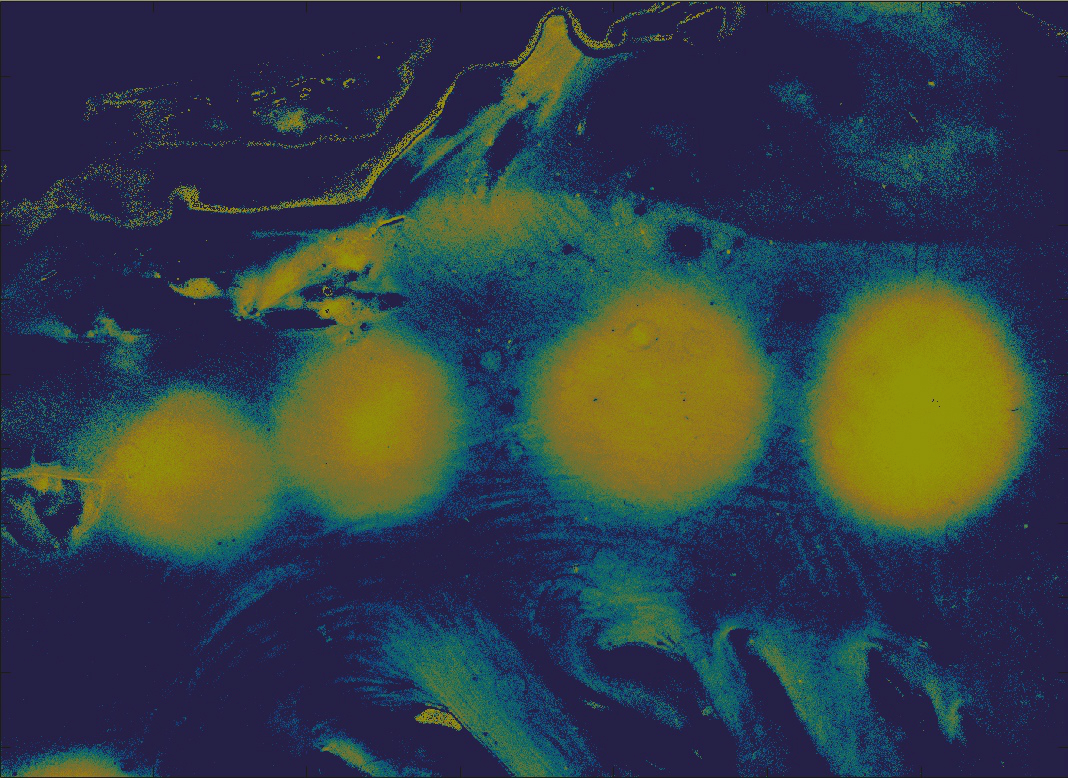Our PhD student, Shuyue (Frank) Guan, has attended the 47th Annual IEEE AIPR 2018: Ubiquitous Imaging in Washington DC, October 9th – 11th. Frank gave a presentation about segmentation of thermal breast images using Convolutional and Deconvolutional Neural Networks.
The Applied Imagery Pattern Recognition (AIPR) workshop sponsored by IEEE is to bring together researchers from government, industry, and academia across a broad range of disciplines. The 2018 IEEE AIPR Workshop explored reemerging intersections and synergies between imaging, Big Data and cloud compute & hardware advances, continuing the workshop’s long tradition of bringing together researchers and developers who span the disciplines and work in labs across academia, industry, and government.
Here is a brief summary of Frank’s project and presentation:
We are investigating infrared thermography as a noninvasive adjunctive to mammography for breast screening. Thermal imaging is safe, radiation-free, pain-free, and non-contact. Segmentation of breast area from the acquired thermal images will help limit the area for tumor search and reduce the time and effort needed for manual hand segmentation. Autoencoder-like convolutional and deconvolutional neural networks (C-DCNN) are promising computational approaches to automatically segment breast areas in thermal images. In this study, we apply the C-DCNN to segment breast areas from our thermal breast images database, which we are collecting in our clinical trials by imaging breast cancer patients with our infrared camera (N2 Imager). For training the C-DCNN, the inputs are 132 gray-value thermal images and the corresponding manually-cropped breast area images (binary masks to designate the breast areas). For testing, we input thermal images to the trained C-DCNN and the output after post-processing are the binary breast-area images. Cross-validation and comparison with the ground-truth images show that the C-DCNN is a promising method to segment breast areas. The results demonstrate the capability of C-DCNN to learn essential features of breast regions and delineate them in thermal images.
Check the poster for more information of this project.











